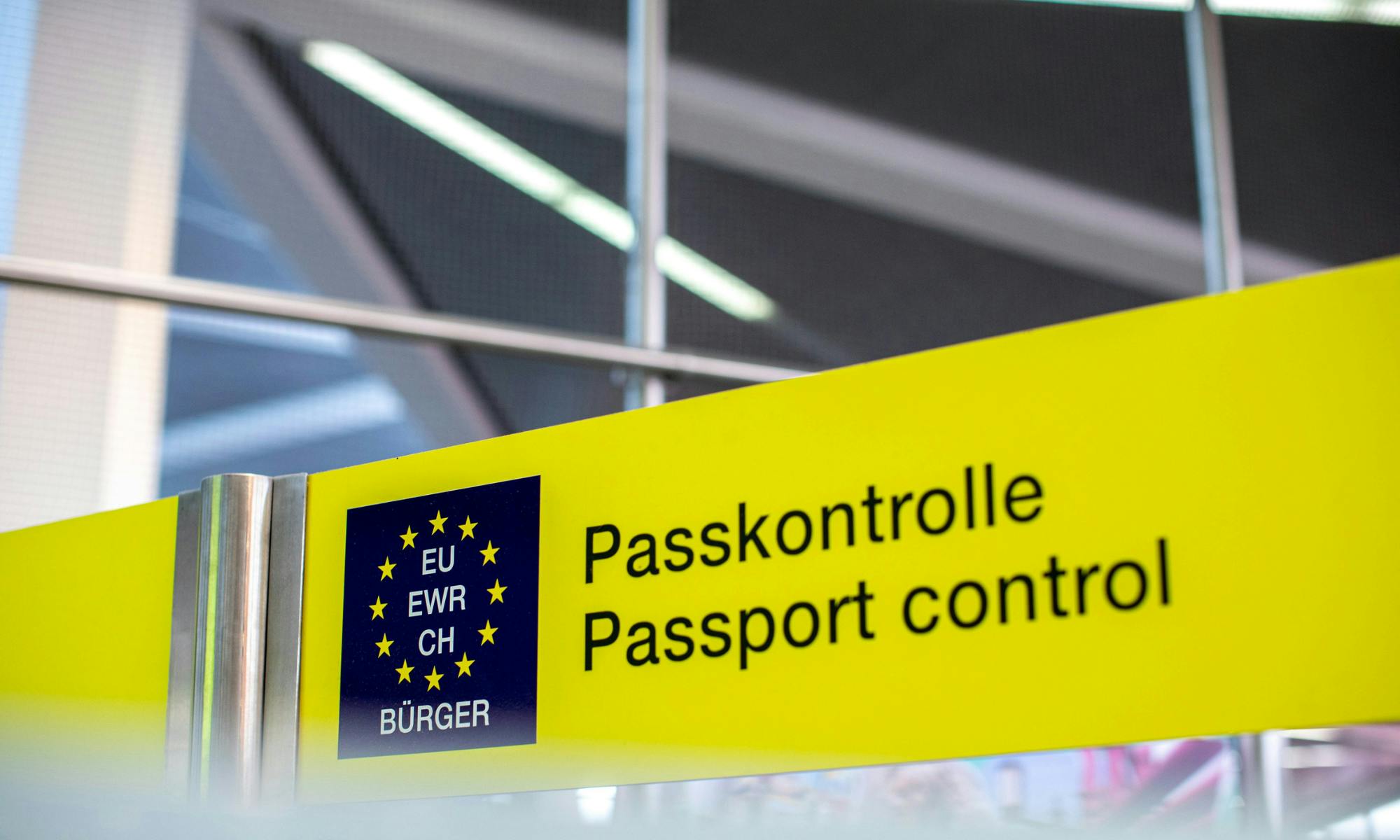
The European Court of Justice is set to decide on the European Commission’s case against Malta’s citizenship-by-investment scheme on Tuesday.
Malta’s citizenship-by-investment scheme – which is nicknamed as a ‘golden passport’ scheme – was introduced in 2014 under the moniker of the Individual Investor Programme, with the ultra-wealthy being able to buy Maltese citizenship for something around the range of €1 million, together with property commitments.
The scheme has been vehemently defended by the Labour government which introduced it, which argues that it has brought a much-needed injection of cash into Malta’s economy, but also criticised within the European Union over concerns that the scheme undermines the bloc’s borders.
The scheme has now been rebranded as the ‘Maltese Citizenship by Naturalisation for Exceptional Services by Direct Investment’.
It attracted a legal challenge from the European Commission which argued that there was no “genuine link” between golden passport holders and Malta and that Malta was therefore not fulfilling its obligations under the Treaty of the EU when it comes to citizenship and the principle of sincere cooperation.
The Commission argued that Malta – and Cyprus, which at the time ran a similar scheme – were undermining the integrity of EU citizenship.
Infringement proceedings followed, culminating in court action at the European Court of Justice.
A collaborative media investigation, which included The Malta Independent, had revealed the scoring system used by regulators to see whether applicants had established these so-called “genuine links” to Malta.
The investigation showed that applicants were encouraged to satisfy the items – which included different things, such as the purchase or rent of property, the purchase or renting of a vehicle, a donation to a local charity, membership in a local club or organisation, and the creation of a bank account – on the checklist.
The Maltese government has consistently argued that matters of citizenship are the competence of national governments.
The EU’s Advocate General also poured cold water on the European Commission’s case last October as it backed the Maltese government’s arguments.
Advocate General Anthony Collins noted that the issue of nationality falls under the sovereignty of individual member states, which retain the right to set their own conditions to grant citizenship.
Collins said that the Commission had failed to prove that EU law actually imposes an obligation for there to be genuine links between a country’s citizenship and that country, noting that while EU law governs several aspects of citizenship – the conditions for acquiring it are not among those aspects.
He concluded that Malta’s scheme does not breach EU law just as long as it adheres to the country’s own legislation.
His opinion is not legally binding, but it usually carries significant weight when it comes to the final ruling being handed down at the European Court of Justice.
The Maltese government had welcomed the statement as validating Malta’s position on the matter.
Writing about the case, Transparency International noted that the consequences of the ruling may be “wide-ranging.”
“A ruling in favour of Malta could encourage other Member states to adopt-or re-adopt-similar programs. In fact, Hungary decided to reintroduce its scheme in July 2024, having previously ended it in 2017. A ruling in the Commission’s favour would set an important precedent for ending the abuse of schemes in the EU by high-risk individuals,” the NGO said.












